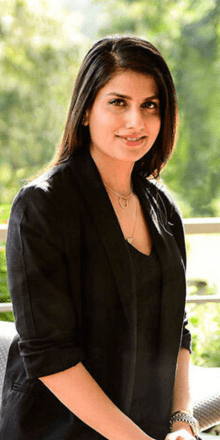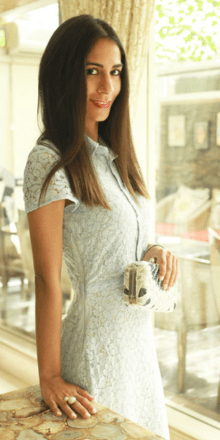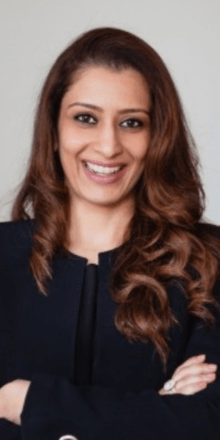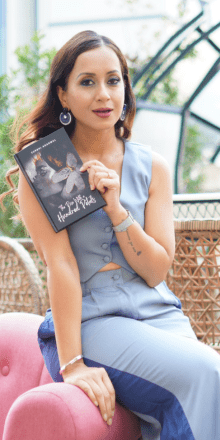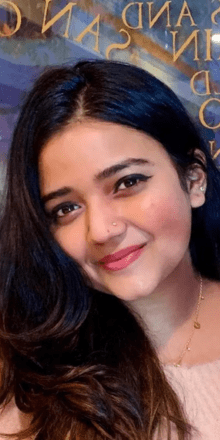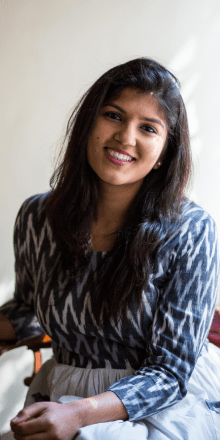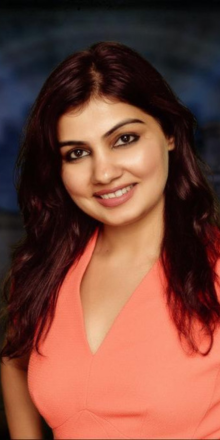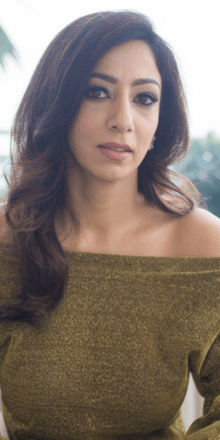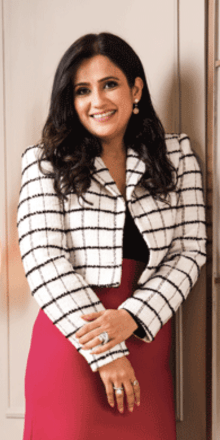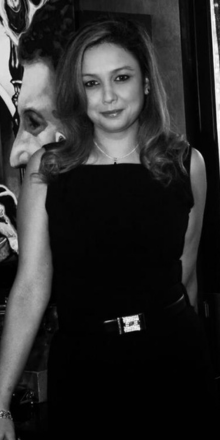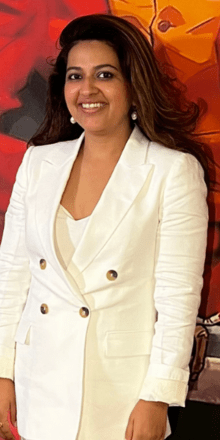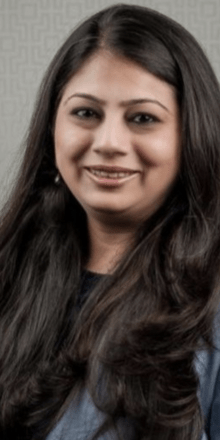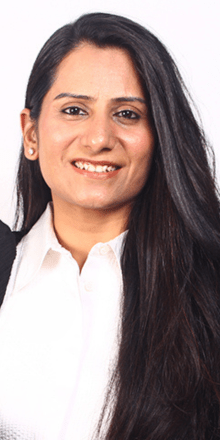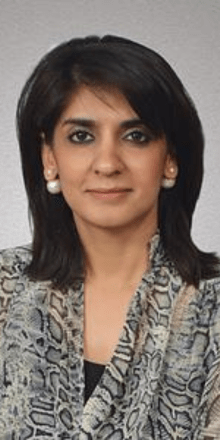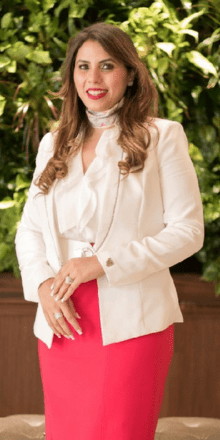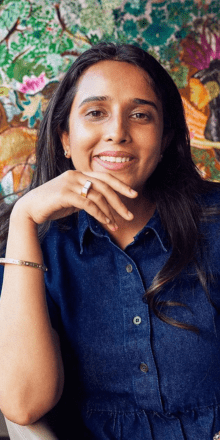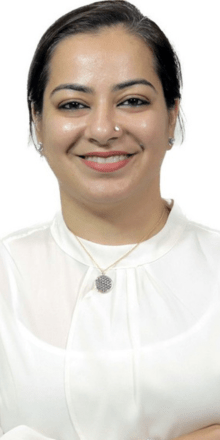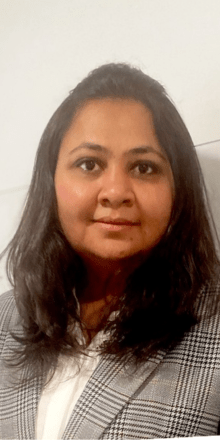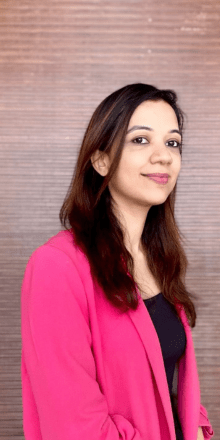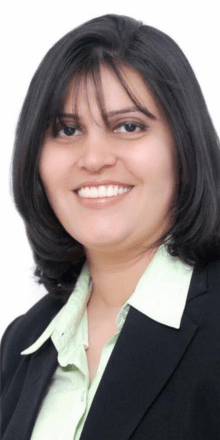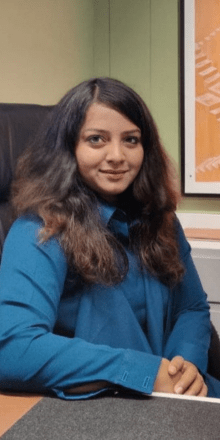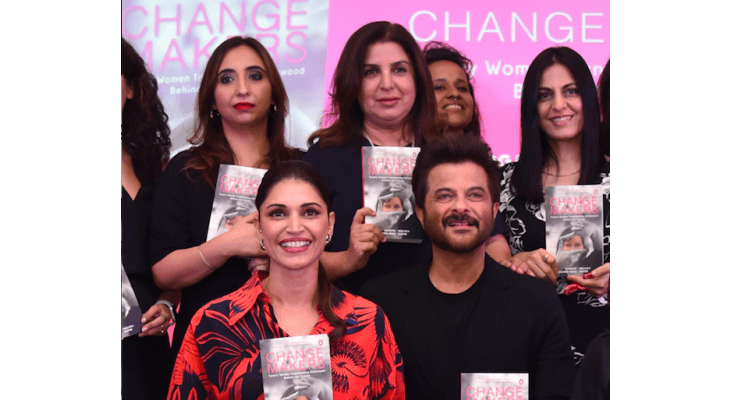
IN CONVERSATION WITH NIKHIL SANGHA
While many people have interviewed Gayatri Rangachari Shah and stuck to the author and book piece, the objective of this interview, is to be a little more casual, tongue in cheek, short and crisp, witty and fun, playful yet poignant.
Therein, we try and get a mix of responses, which help us understand the author and her thought process better.
Note: The interview has been condensed from the original responses, without changing the meaning of the responses.
1. Can you describe your book – “Changemakers” (Penguin Random House) in one line?
This book is about the stories of 20 women who work behind the scenes and have cut through the ranks of the traditionally male-dominated field of Hindi cinema, to establish themselves as leaders of their craft and their professions.
2. Why do you feel more women are coming to Bollywood? What career advice would you give them?
I think more women are coming to Bollywood because it has certainly become much more professional as an industry – it was only recognized as an industry by the government in the late ’90s and since that happened, the movie business had access to regular financing and was able to approach banks and soon more studios came into the picture, owing to which the whole business became more professional, which began to attract women in bigger numbers – which is why 25 years later you’re seeing a significant number of women working in the business.
One career advice I could give them, though I’m not part of the movie industry, but having interviewed these women and written this book, I would feel that it is important to stay the course – be very determined and don’t give up. If you pursue your passion you will succeed.
3. Which other industry do you think requires a change in gender dynamics?
As the me too movement has shown, its pretty much every industry. It is not as though one industry is immune. Media and journalism has lots of women and we have seen what has happened there. And I think this is true about all industries – whether it’s corporate India or manufacturing or hospitality – we need more women.
4. ‘Chikni Chameli…Fevicol se…Munni badnaam’– Should item numbers that are objectifying women in Bollywood be banned?
No – I’m against banning anything. But our movies and content needs to change and that’s already started to happen as you’re seeing more women in the business. And it’s also the men who are much more aware and sensitized. So I think that’ll automatically reflect in the kind of movies and songs that are being shown.
5. Any personal change-making experience that led you to write this book?
Well, I’m involved with an international live journalism platform called ‘Women In The World’. It brings together celebrities, activists, people who are really affecting change on the ground around the world and I’ve been working with this organization for the past few years. So when I hear these stories of inspiration, where people with really nothing are making an impact in the societies around them – that sort of really spurred me to think of documenting some of the inspirational stories that we might want to hear out of India. And that was really the genesis for this book.
6. What is your one-line description of feminism?
I think feminism is equality and respect – that’s what feminism is all about.
7. Mary Kom, Raazi, Neerja, The Dirty Picture– what female-centric film do you want to see next?
We need many more. I want to see female-centric films on the women who are working on taking India to space, on scientists, on our athletes – on Hima Das. There’s a movie waiting to happen on all these amazing people around the country – I’d like to see them all.
8. If men are from Mars and women are from Venus – what planet do you think would be more sustainable?
Men and women need to co-exist. The planet will be much more sustainable if men and women work together cohesively.
9. ‘Ladies Who Lead ‘is a networking platform for successful women entrepreneurs – essentially ‘change-makers’. What is your thought on the importance of such platforms?
Any platform that brings women together to discuss and network with each other is great. Bringing people together who could be future role models or are current role models is really great. Men have dominated professions for so long that they have those networks. So any kind of network that allows for women to also cap into that is wonderful.
10. What are you doing next on the work front?
I don’t know. I’ve just come out with this book and I’m busy getting it out there, so I haven’t really thought about that. I continue to be a journalist, so I continue to do my writing. We have our 10th edition of ‘Women In The World’ coming up in New York so that’s exciting. We’ll see where one goes from here.


